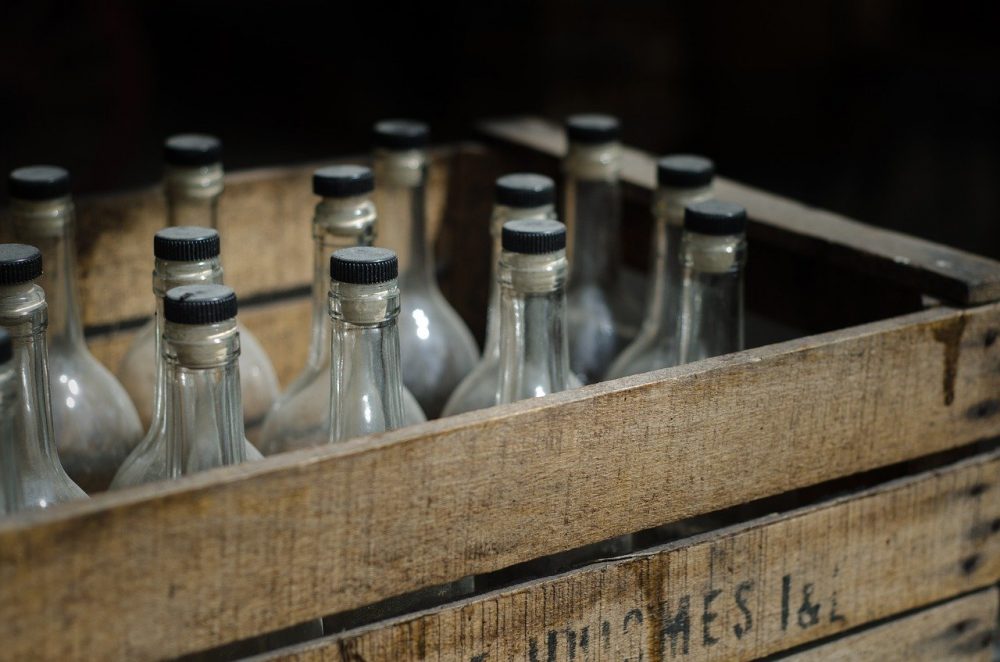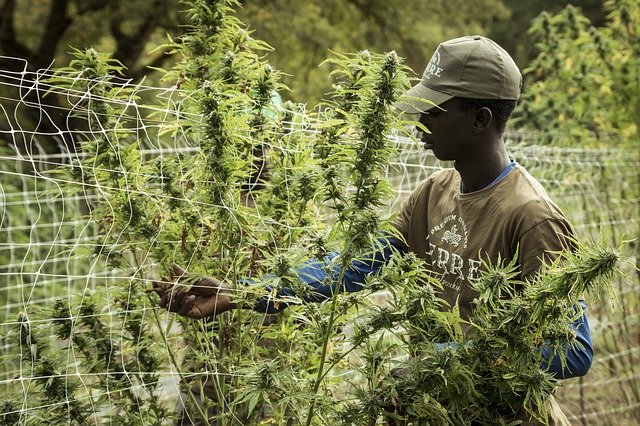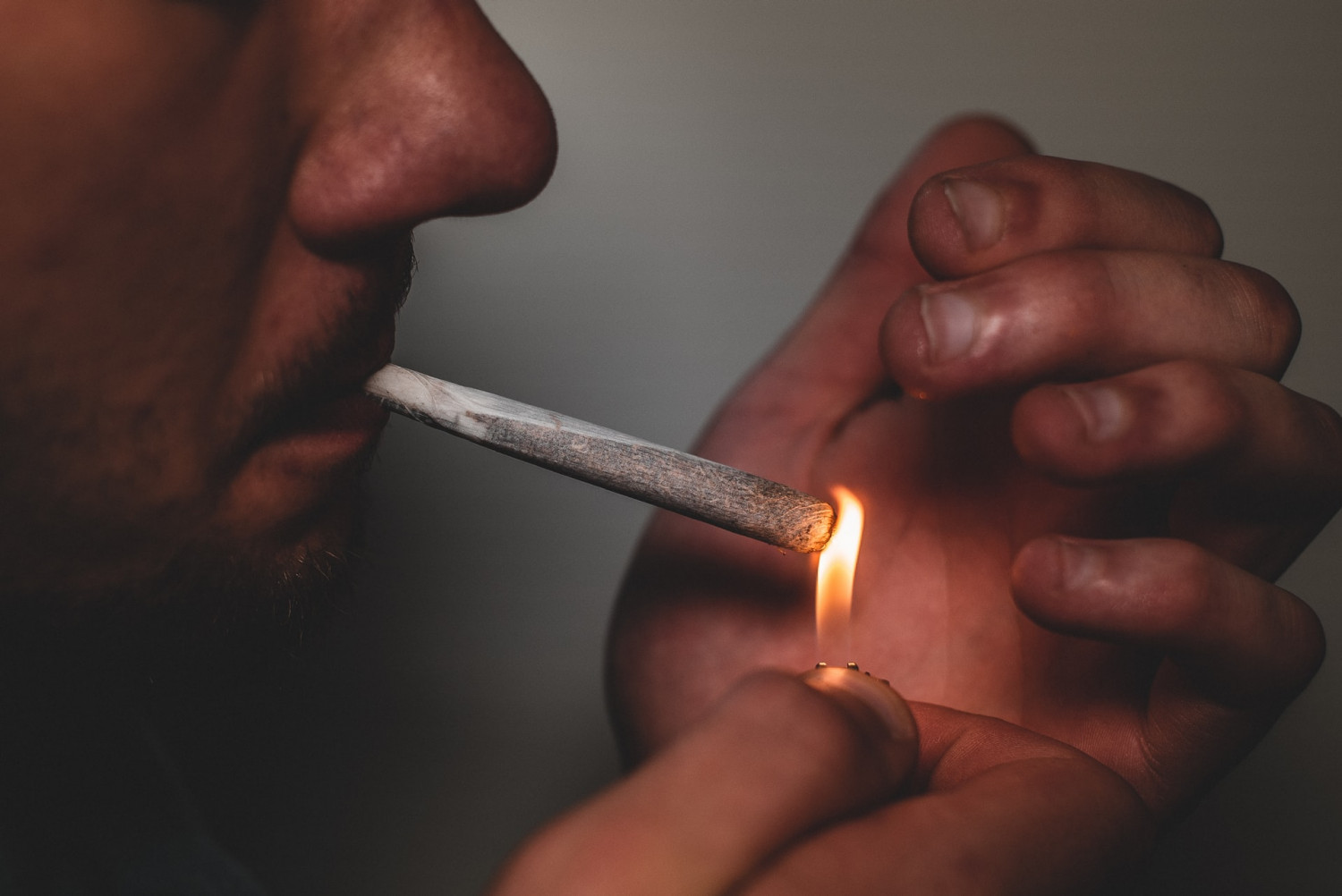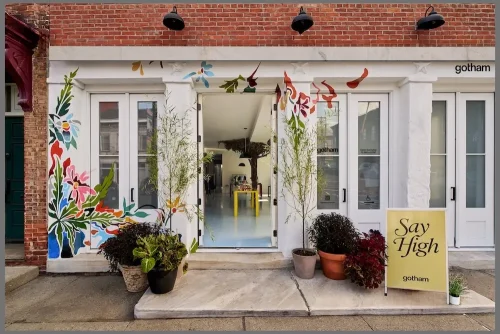Throughout Prohibition, America’s minority groups thrived. Though they were subject to the same strict regulations on booze as white Americans, black and immigrant communities were given the same opportunities with regards to bootlegging liquor. This factor remarkably wasn’t the case with many other professions. As a result, the groups of people who had historically struggled to find productive places in society were enjoying great public demand and high earnings, which ultimately gave them some form of social equity.
Then Prohibition ended. Black and brown brewers, distillers, bootleggers and bartenders were suddenly out of work, as their white counterparts — no longer afraid of breaking the law — rushed back into their old jobs. The small victory had by America’s minorities went away. As a result, they were largely thrown back into poverty and social isolation.
Unfortunately, this process is starting to happen once again. Only this time, it’s the result of the burgeoning cannabis industry. As more states legalize recreational marijuana, white business owners are taking jobs long held by black, Latinx and other minority groups. Each of these groups has long seen incomprehensively harsher punishment for their comparable crimes. Worst of all, in many states, the minority communities that have suffered due to unfair legislation are again not seeing the benefit of legalization of their trade.
Washington was one of the first two states to legalize recreational marijuana back in 2012—but it wasn’t until March 2020 that it has attempted to right this injustice. Here’s what Washington’s first Marijuana Social Equity Program is attempting to do, and whether it seems likely to succeed or it is too little, too late.

House Bill 2870
On March 10, 2020, the Washington State House voted 57 to 40 to pass HB 2870. From there, it went to Governor Jay Inslee’s desk, where he signed the Marijuana Social Equity Program into law on March 31st. The program is set to begin this December and span eight years. It’ll end July 2028, during which time it should effectively right the wrongs of previous cannabis legislation.
Prior to HB 2870, Washington has been notoriously insensitive to non-white communities in the cannabis industry. When recreational marijuana first became available in the state in 2014 is a perfect example. Those with a history of marijuana possession, sales or distribution couldn’t take on cannabis industry positions.
In writing, the law barred anyone with felonies from working in the cannabis industry, but in practice, communities plagued by previous criminalization of marijuana were largely overlooked when the state handed out dispensary licenses. Because black Washingtonians were once four times more likely than white Washingtonians to suffer weed-related arrests, this inequality is undeniably based on race.

Helping Improve “Long-Term Financial Well-Being”
As expressly written in HB 2870, the goal of the program is to help “individuals who have been arrested or incarcerated due to drug laws, and those who have resided in areas of high poverty, suffer long-lasting adverse consequences, including impacts to employment, business ownership, housing, health, and long-term financial well-being.”
In effect, it allows Washington’s Liquor and Cannabis Board (LCB) to issue retail licenses to applicants in communities impacted by the war on drugs. The LCB will take into account the individual’s personal and family history with the criminal justice system as well as the neighborhood in which they plan to operate.
Already, Washington’s Marijuana Social Equity Program falls short of other states’ efforts to facilitate racial and social equality with marijuana-related legislation. Illinois’s measures, for example, are much more robust, relying on sociological research and reaching into the criminal justice system to expunge prior cannabis-related convictions.
What’s worse, Washington lawmakers seem to have their sights set on other legislation that could make it much, much easier for wealthy, white investors to consolidate and dominate the cannabis industry across the state, like opening the industry to out-of-state money.

Because the LCB will not start entertaining applications to this program until December, it is difficult to say whether their efforts will lead to social equity. Undoubtedly, this is a step in the right direction; marijuana dispensaries in Washington need some diversity—at least to better serve the wide range of marijuana users across the state and at most to give economic opportunity to communities historically barred from social and financial success.
It took eight years for the state legislature to attempt to right their wrongs, and it could take another eight years for black and brown communities to see the benefits of the Marijuana Social Equity Program. However, this new legislation shines a light onto a previously overlooked inequality in Washington State, and it could be the first light of several to illuminate and uplift minorities.







